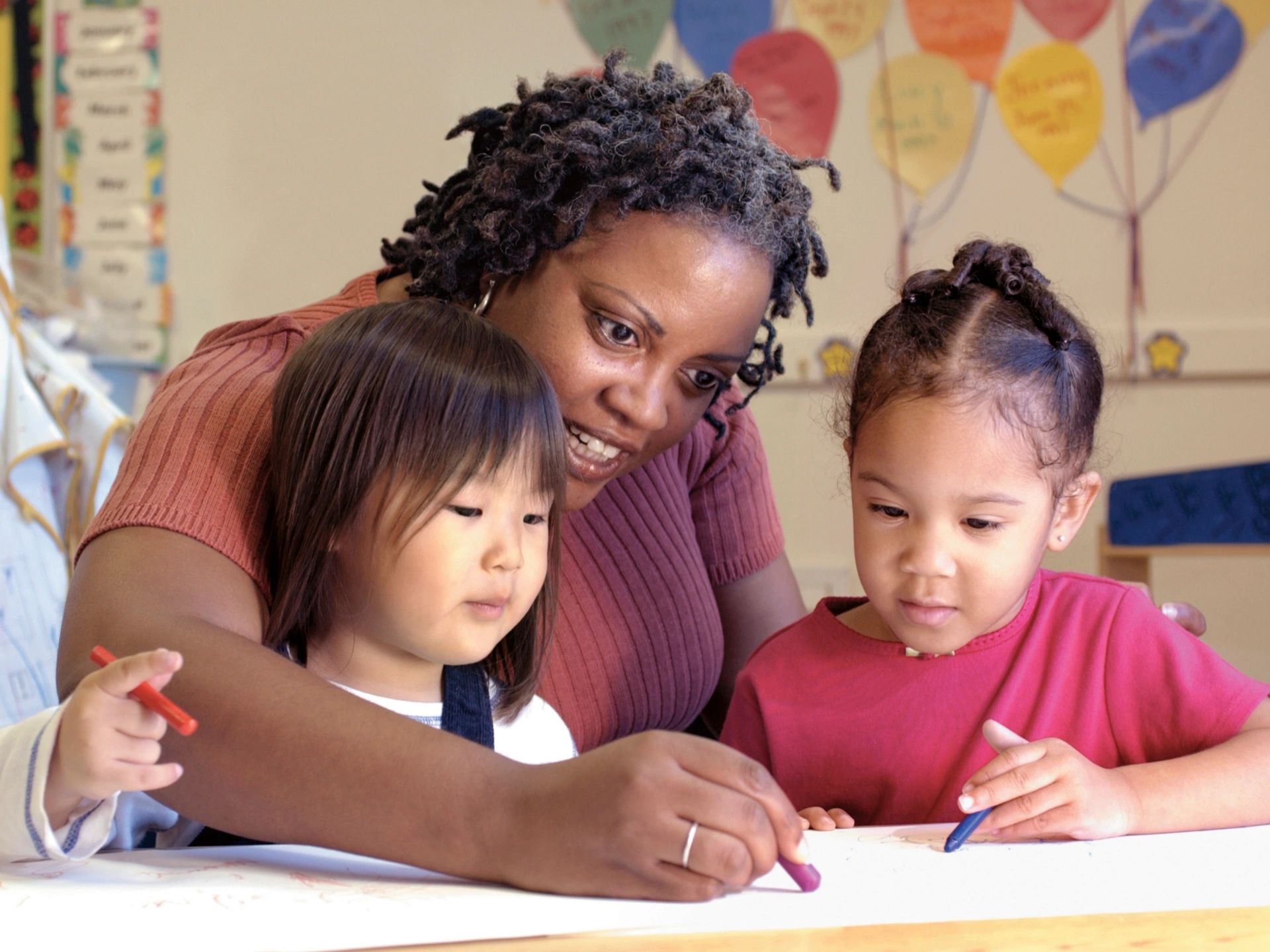
Anxiety is something that is very difficult to understand, whether you’re an observer or it affects you directly. At times, it’s like a scary monster that seemingly comes out of nowhere. Your heart races, your palms get sweaty, a lump develops in your throat and you get this urge to run for your life, but you can’t figure out why. It can be quite scary even for an adult, so imagine how it must feel for a child.
As a person who has experienced anxiety, I immediately noticed the signs when my 5 year old (at the time) started to experience them. He complained of headaches, tummy aches, had trouble sleeping and even described it as feeling all jumbled up. While I was able to teach him coping skills and guide him while using them at home, it was more complicated at school. At school, his issues with anxiety were typically overlooked or viewed as burdensome. Instead of seeing a kid with an issue that needed to be nurtured, teachers often wished that he would just stop crying, snap out of it or my favorite, become more resilient. What they didn’t and often don’t understand is that kids with anxiety are some of the bravest, most resilient kids one could ever meet. They just need to be strengthened with compassion instead of weakened with judgment and impatience. If you’re a teacher, here is what my son wants you to know about kids with anxiety.
They are not trying to get attention. Contrary to popular opinion, kids with anxiety are not “acting out” to get attention. It is actually quite the opposite because the last thing they want is attention drawn to them. Don’t treat them as if they are kids with bad behavior problems. They need to know they are safe in your classroom and you can create a safe environment by taking a little extra time to be supportive.
They are very resilient. Kids with anxiety have to be brave each time they leave the house to go to school. Most already know their anxiety will be met with annoyance and even anger, so it takes a great deal of bravery to come to school each day. Yet, they get through it and most do so with great manners and even better grades. They ARE resilient.
They don’t like to be singled out. Instead of addressing their issues in front of the class, pull the anxious kid aside and ask how you can help, remind them to take deep breaths, let them know they are safe and give them a task to do in order to distract them from their anxious thoughts. Be patient, reassuring and remind them of their inner superhero.
They need mindfulness breaks. Anxious kids want teachers to make mindfulness part of their school day. Many teachers have brain breaks or give the students time to stretch during the day. Take that extra step that doesn’t take a lot of extra time to practice mindfulness. It is a skill that is beneficial to all kids, but it especially makes anxious kids feel less ostracized and more supported.
They don’t need to be fixed. The anxious mind is not one that needs to be fixed and kids who are anxious don’t need to be forced to act like other kids. Their minds operate just like any other human. We all get in situations where our brains and bodies prepare to protect us from perceived danger. The anxious mind just does it in an overprotective way. Anxious kids don’t need for us to try to stop their brains from doing what it was naturally designed to do. They just need to learn how to prevent it from doing so all the time. Encouragement, reassurance, and support can help stop their brains from overthinking and from being overprotective.
A little goes a long way. A little reassurance, patience, and encouragement go a long way when it comes to the anxious child. You can make their issues much bigger by continuing to judge, overlook and be annoyed, or you can empower them by reminding them they are loved, supported and capable of coping. Often times, once an anxious kid feels safe in that environment, their anxiety dramatically decreases.
If you are a teacher who needs tips on how to create a mindful classroom, send an email to [email protected].
